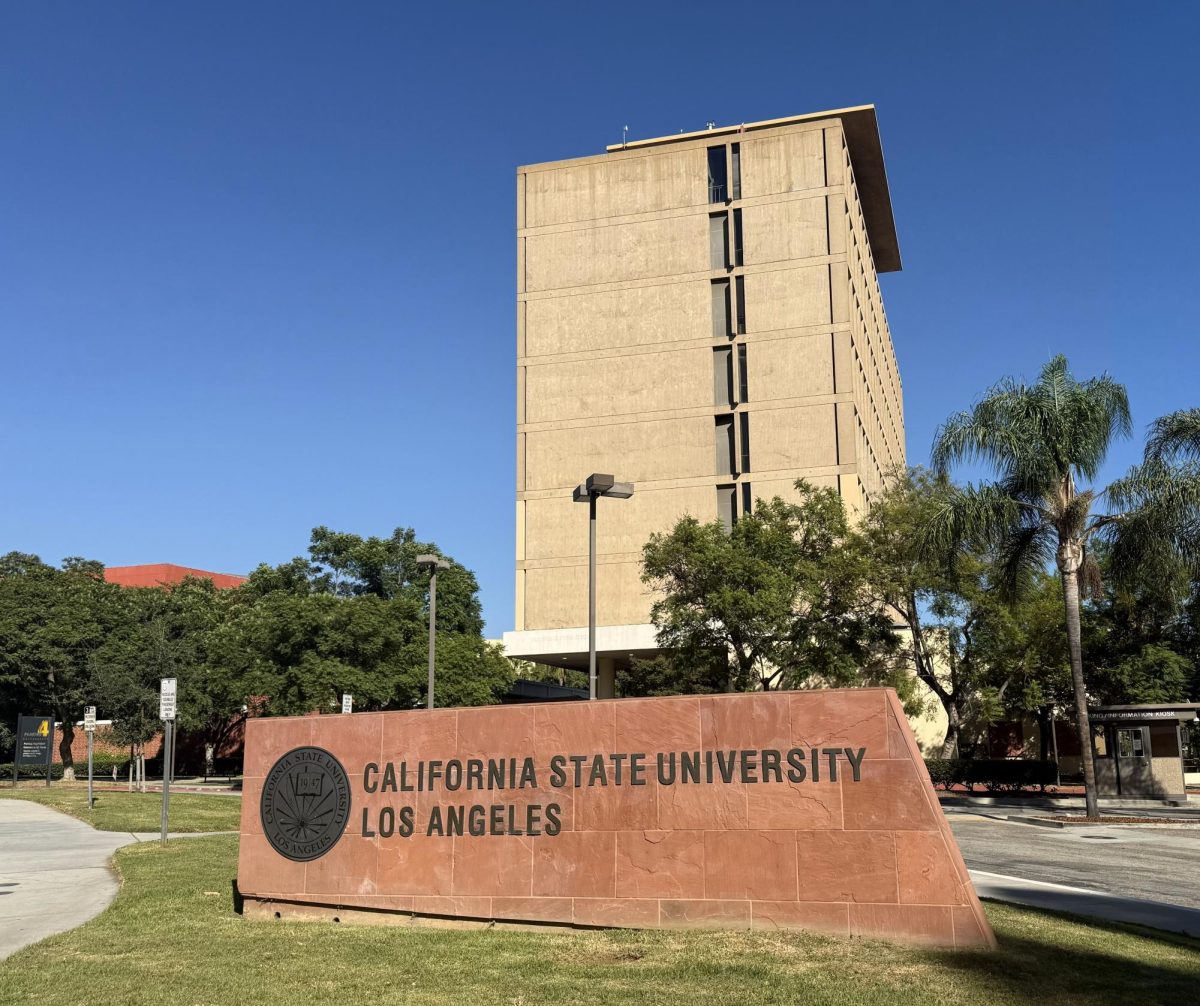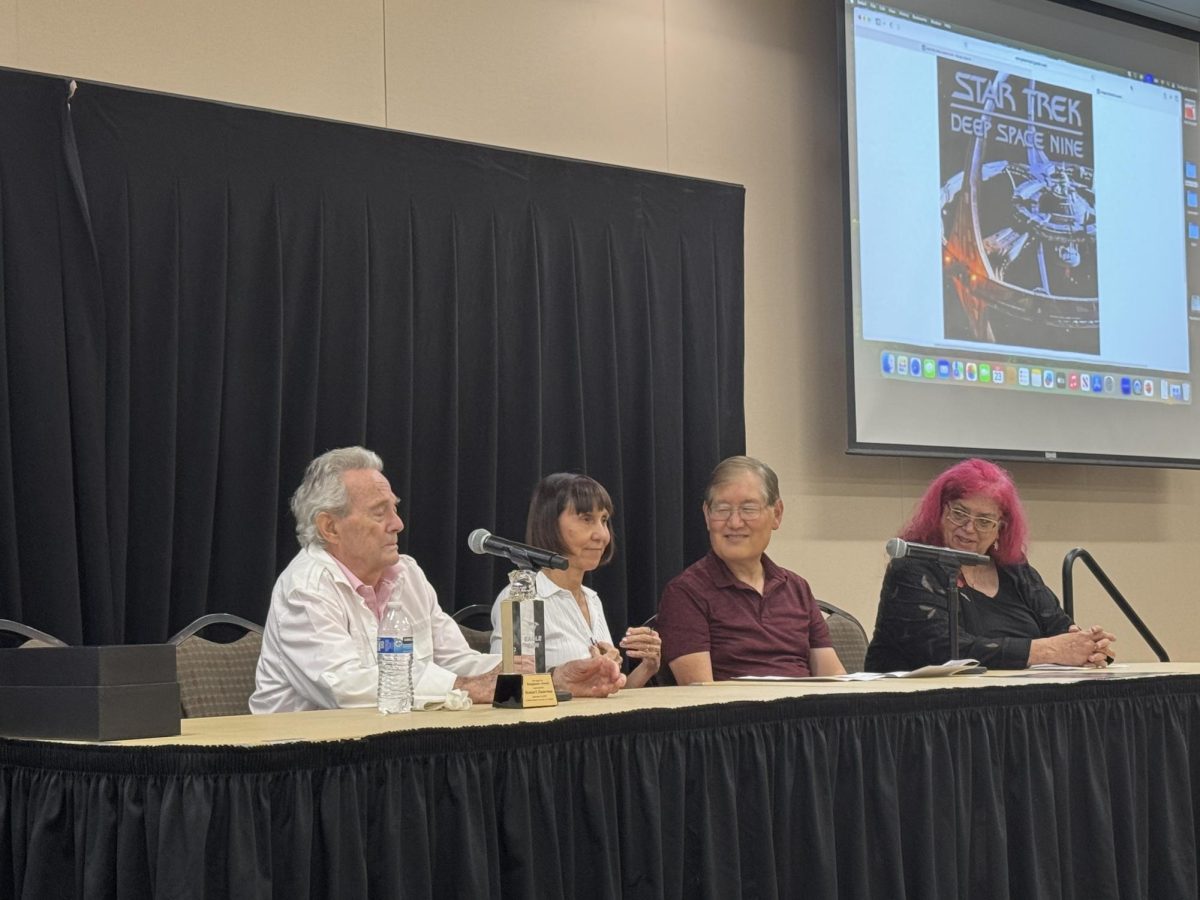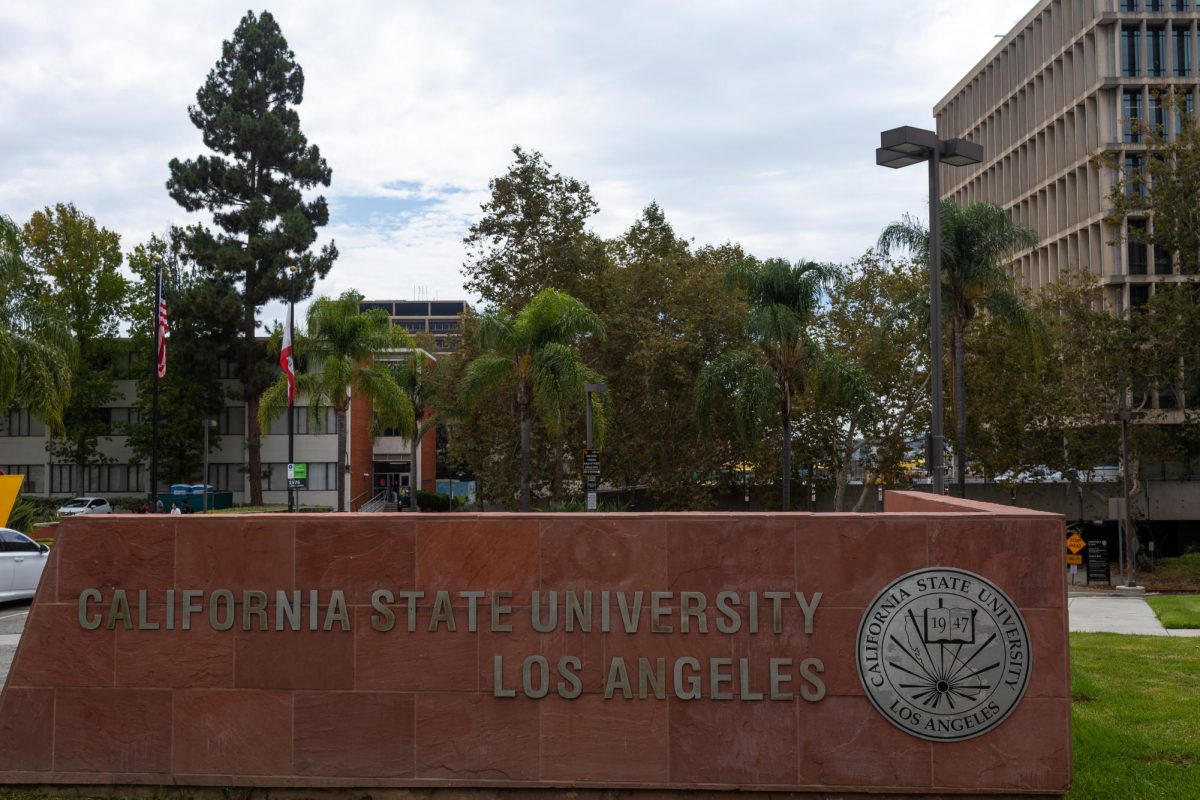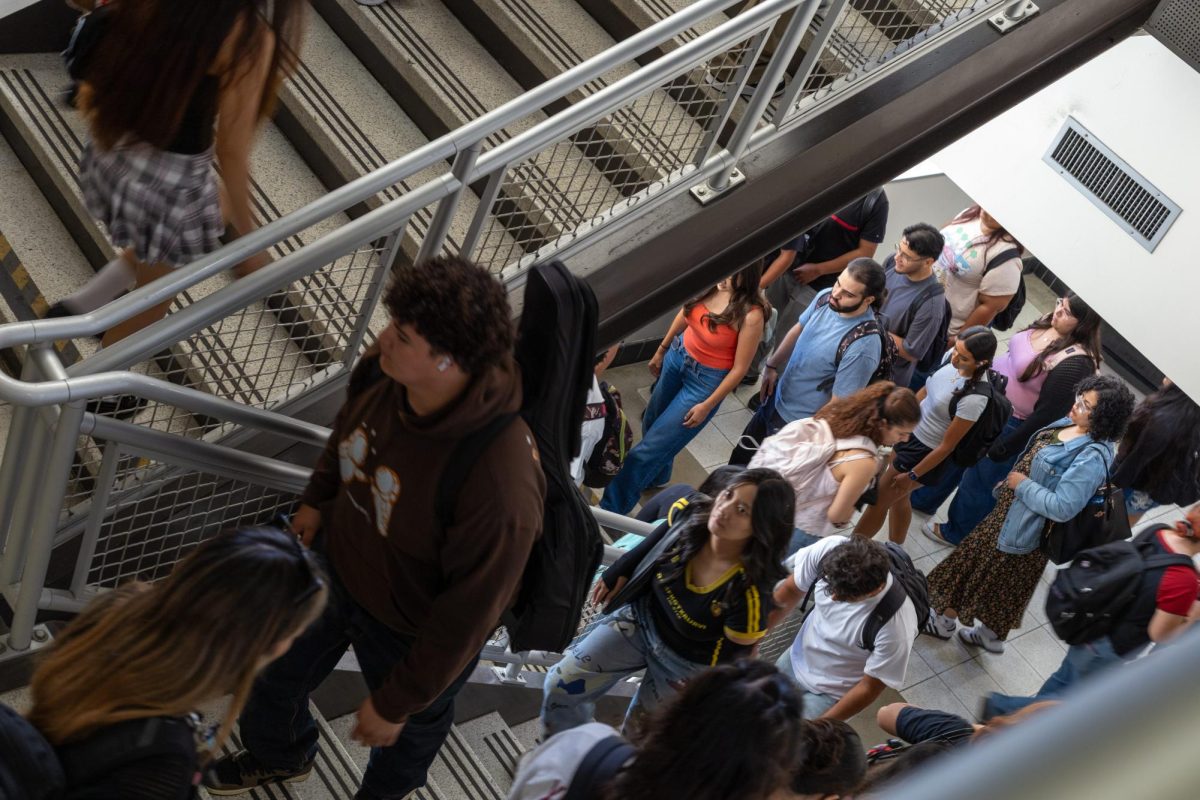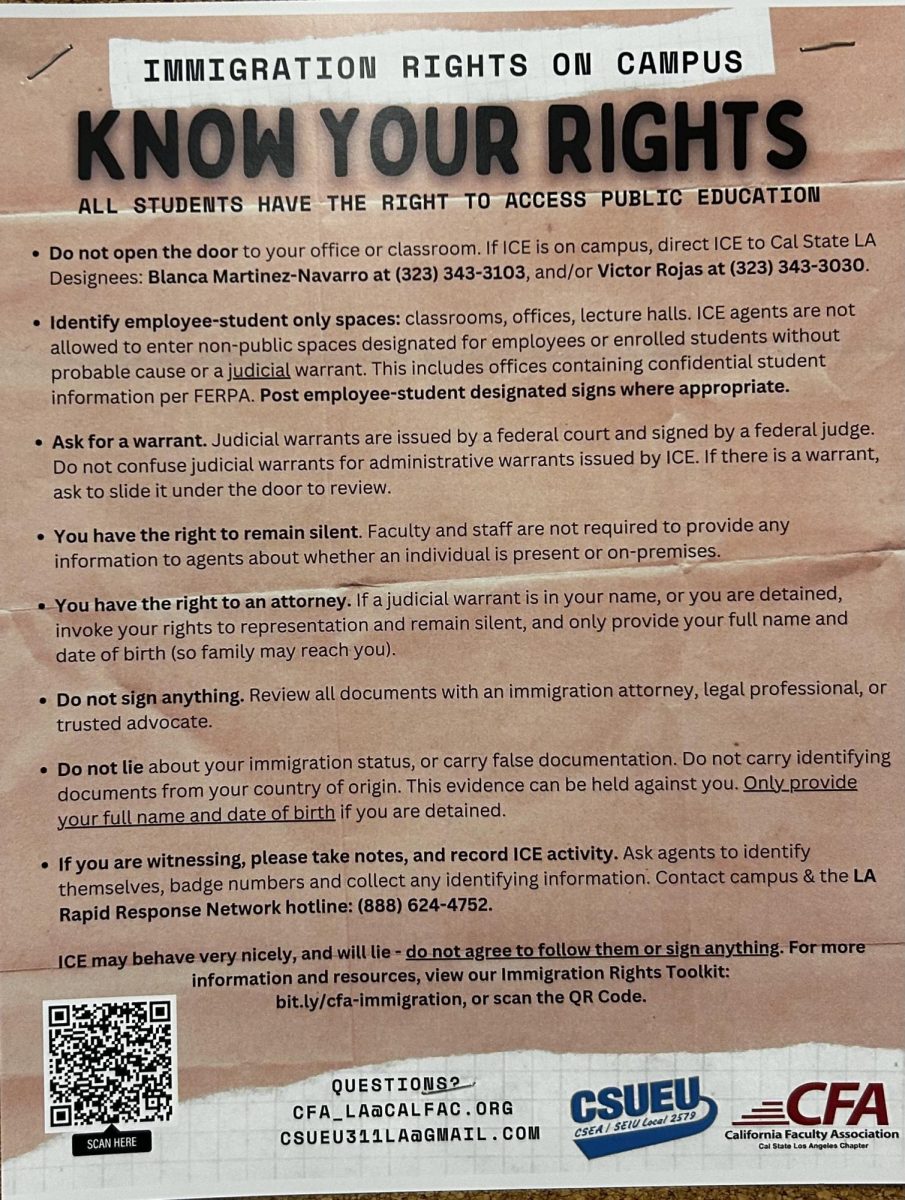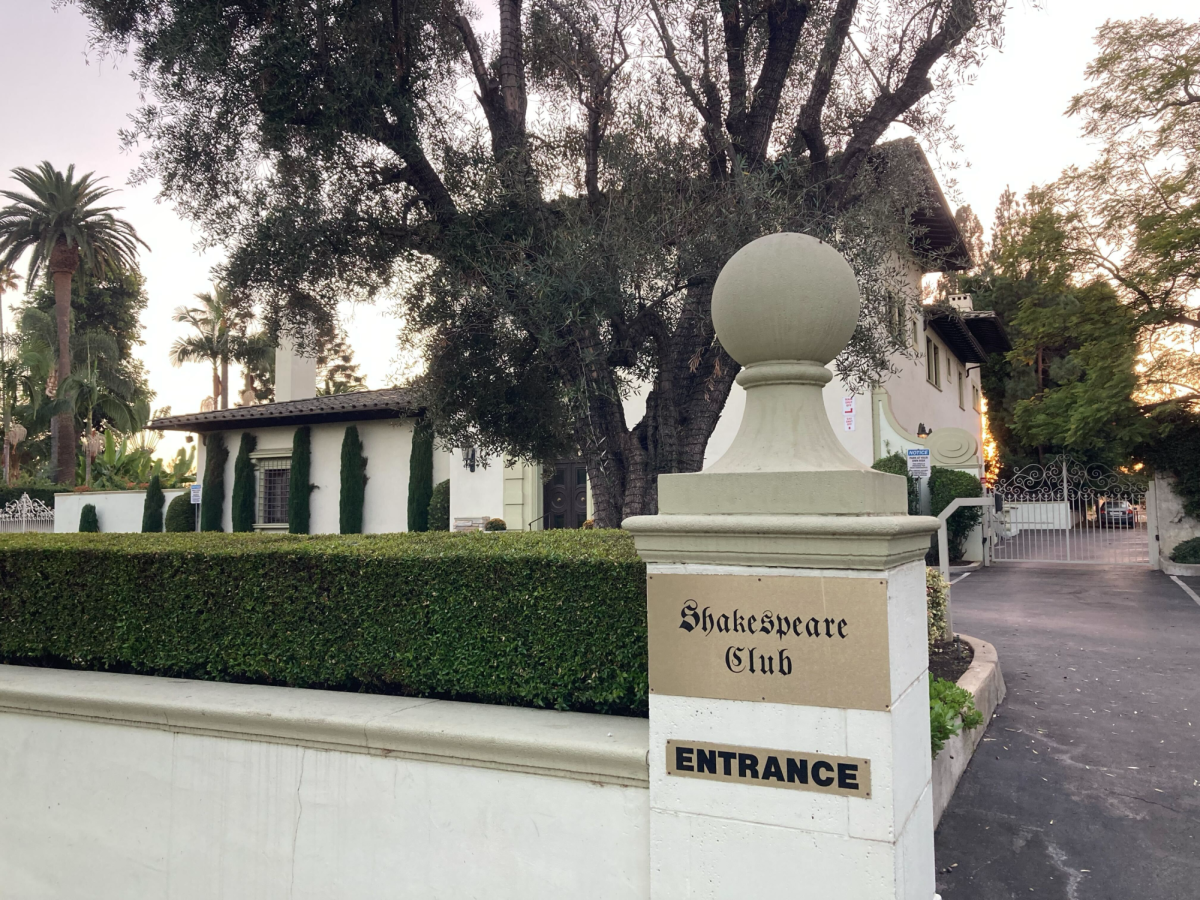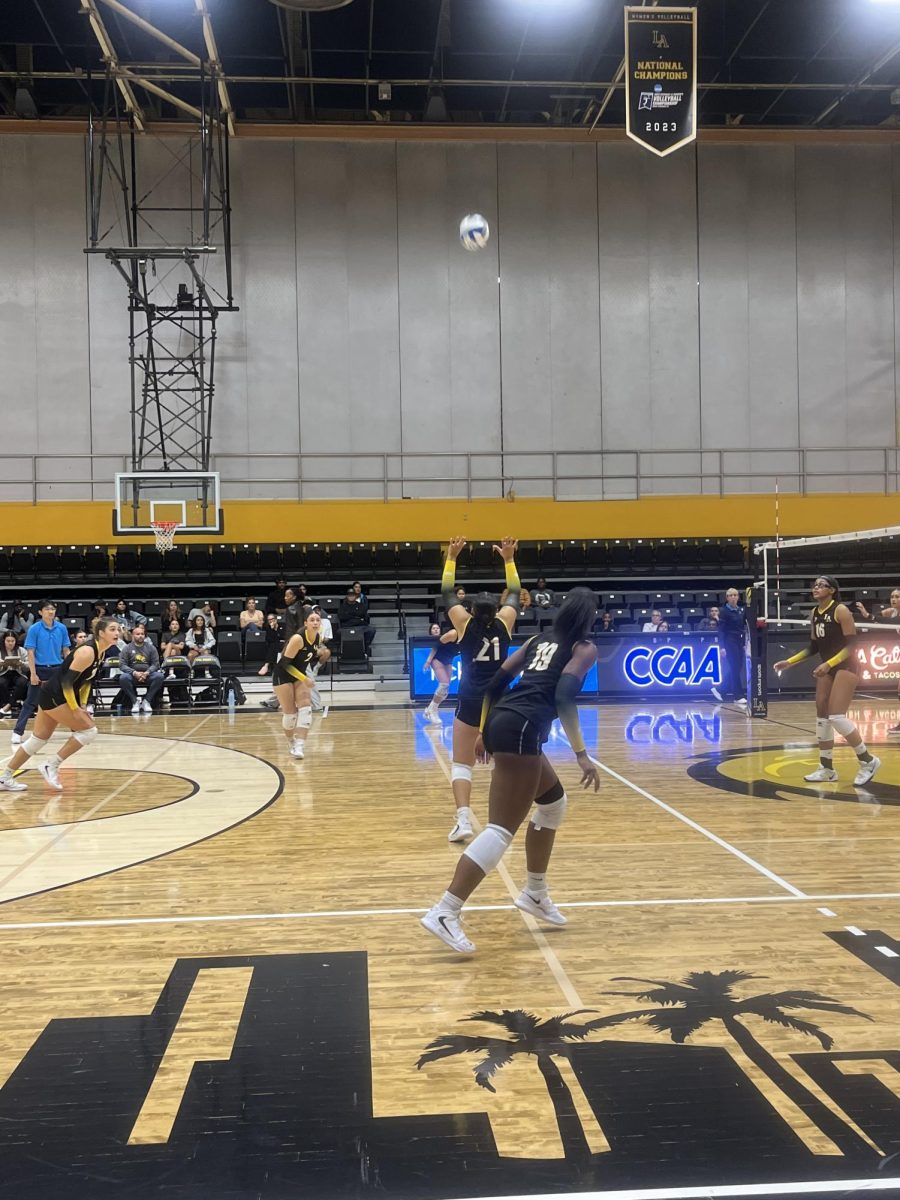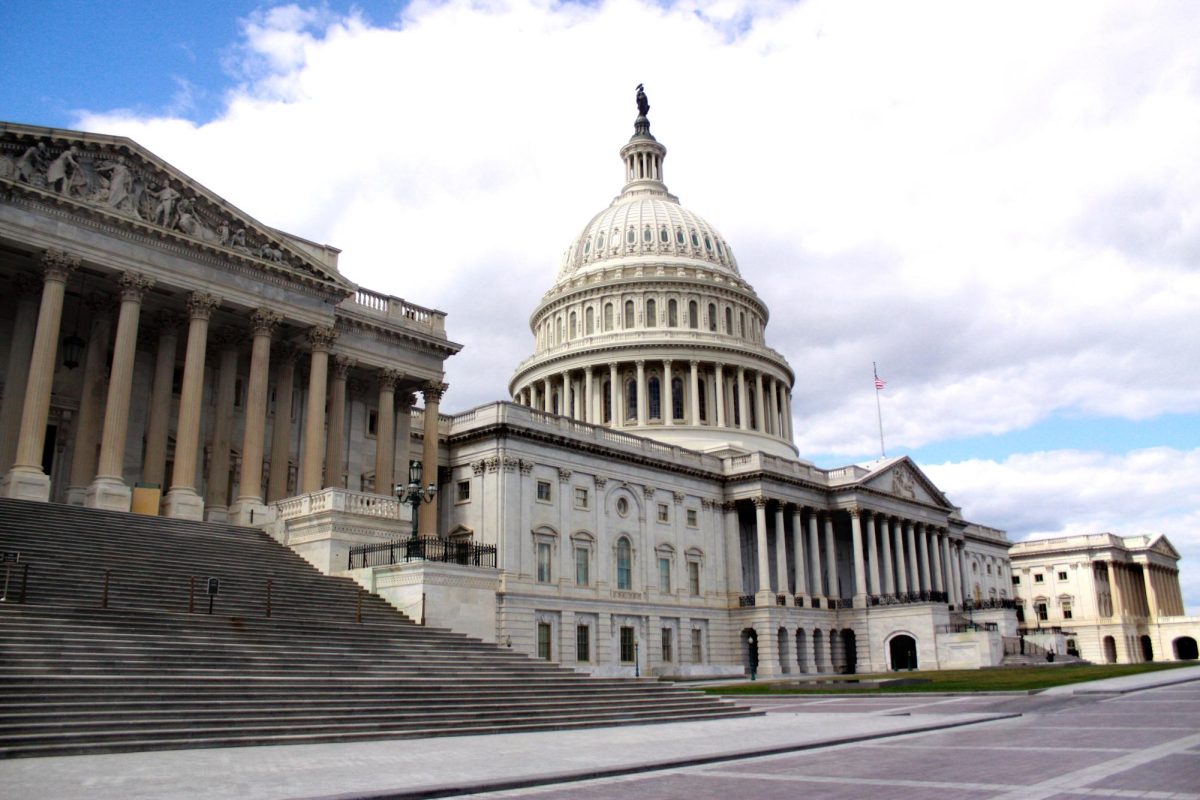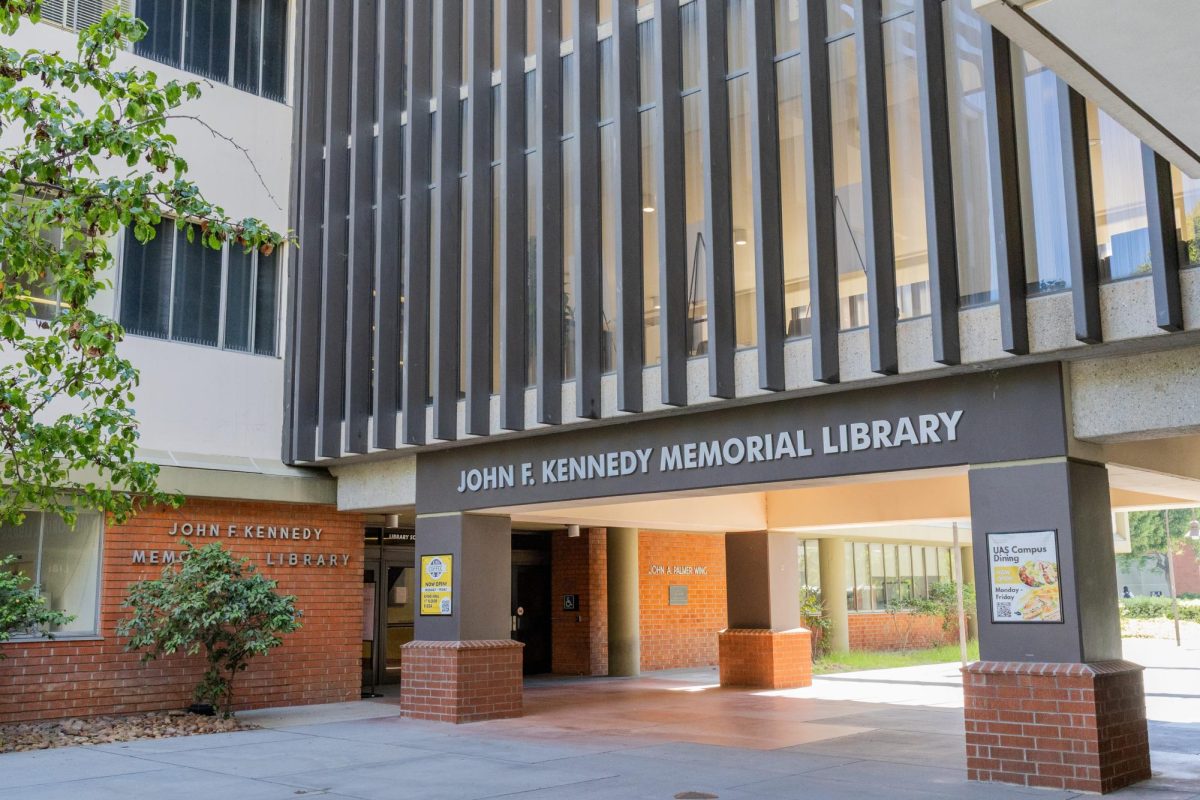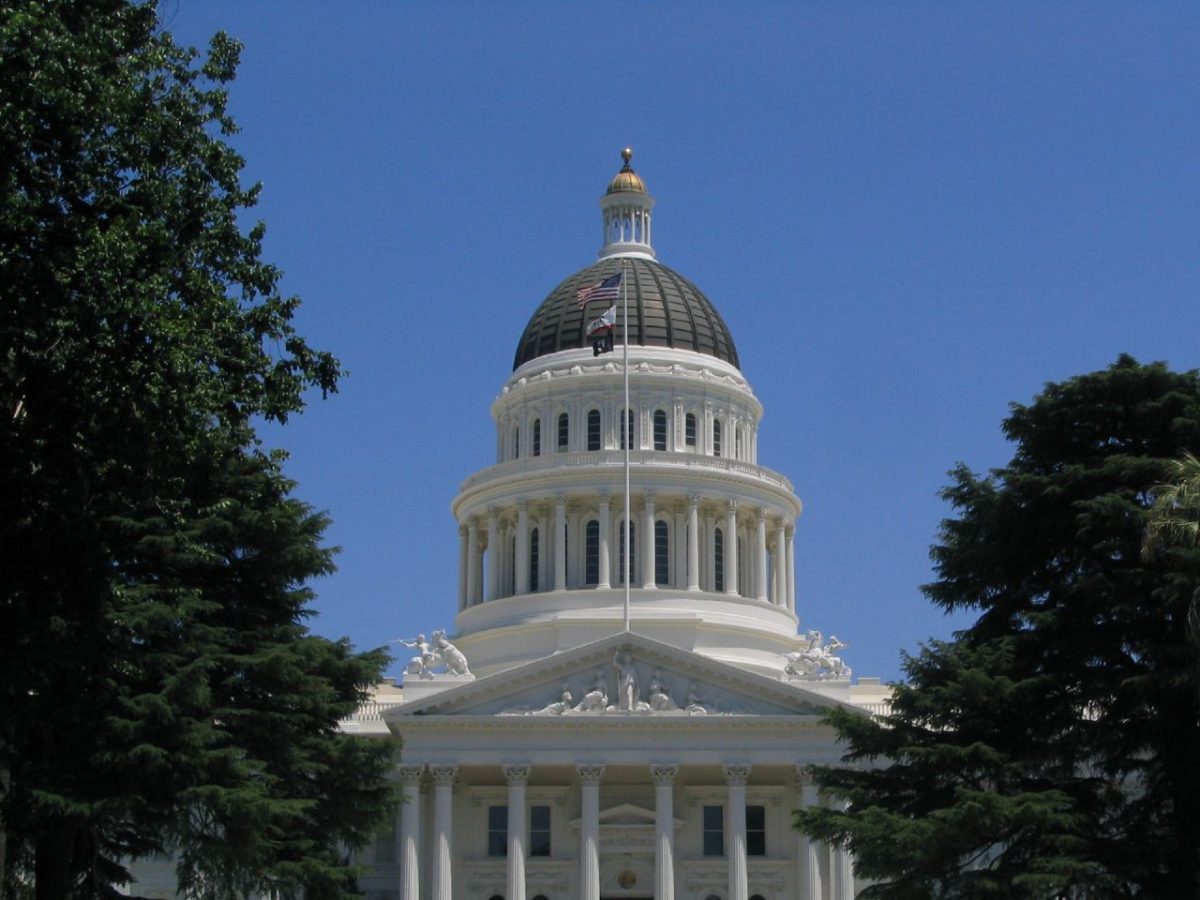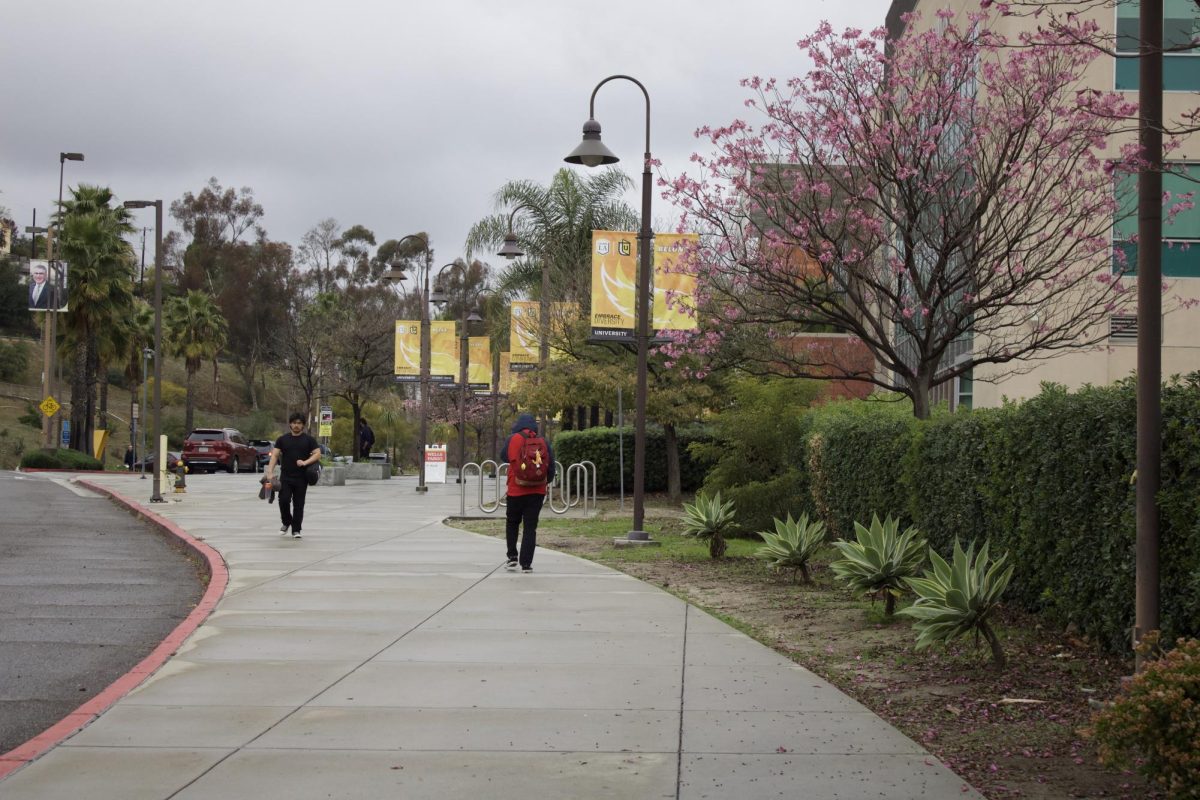Editorial note: The University Times and its staff are university student employees and we are included as a part of this subpoena, but no matter what we will continue to accurately and objectively report on the privacy and safety concerns that this subpoena brings to the college.
The California Faculty Association (CFA) has filed a Petition for Writ of Mandate and Complaint for Injunctive and Declaratory Relief against the Board of Trustees of the CSU system in Los Angeles County Superior Court on Friday for releasing private faculty and staff information following a federal subpoena earlier this month from the Equal Employment Opportunity Commission (EEOC) at Cal State LA.
The CFA is bringing this lawsuit forward on behalf of their entire membership base of over 25,000 tenure track faculty, lecturers, coaches, counselors, and librarians across all 22 CSU campuses.
The lawsuit says that by following the EEOC subpoena, the CSU had violated privacy laws afforded by the U.S. Constitution and California State Constitution. The lawsuit also said that by becoming public sector employees, faculty and staff “do not give up their constitutional right to privacy by virtue of public employment.”
The Information Practices Act of 1977 which instituted standards for the privacy of individuals at state and local agencies. In the suit filed by the CFA they are accusing the CSU of being in violation of the act. This law allows for faculty to have access to the records that are on file and an understanding of how those records are used.
The lawsuit is seeking a court order that would prohibit the CSU from disclosing CFA members’ personal information in response to the September federal subpoena, without first providing a “notice to affected employees and an opportunity for them to object,” the CFA said in a statement after the lawsuit was filed.
While the filing only applies to Cal State LA, the CFA said that there was concern that the federal subpoena could “soon” encompass the other 21 schools, according to the filing.
In the coming weeks, the CFA, in addition to the lawsuit filed, is going to seek a temporary injunction against the CSU system in order to prevent, for now, any more potential violations of staff privacy in complying with future federal subpoenas.
CFA president Margarita Berta-Ávila, said in the same statement that the CSU is out of “step” with the majority of Californians and many people across the nation. California as a state “is leading in our efforts” to fight against the federal government’s intimidation, attacks against educators and people in marginalized communities; the CSU is not standing up the federal government in the same way, Berta-Ávila said.
“CSU capitulated without a fight to the Trump Administration’s witch hunt of faculty,” Berta-Ávila said. “We are suing for accountability at CSU and we demand they do more to protect faculty, students and academic freedom.”
In the lawsuit filed in the LA County Superior Court by the CFA, it alleged that when complying with the federal subpoena to the EEOC Cal State LA released “race, gender, reasons for employment separation (if any), and personal telephone numbers and email addresses” since Oct. 7, 2023. The CSU was able to exclude home addresses from the EEOC’s subpoena after the system had petitioned to exclude it from “required disclosure.”
Cal State LA has been the subject of an EEOC investigation since at least April of this year, in response to allegations of antisemitism based on language, the activism of Cal State LA students, faculty and others, who were criticizing Israel’s genocide in Gaza. The University Times previously reported that the on-campus CFA chapter said that the investigation was initiated by three Cal State LA employees and “mysteriously morphed to encompass the entire CSU.”
However, Cal State LA has been the only school in the CSU so far targeted by the federal subpoena with requests for private information. The system and Cal State LA had initially shared publicly available information to the EEOC in August.
“Petitioners [The CFA] therefore seek a declaration of their rights and CSU’s obligations with respect to disclosure of personal information and a writ of mandate and injunction directing CSU to comply with its duty to protect employees’ privacy by providing notice sufficient to allow employees to challenge any anticipated disclosure of personal information before it takes place,” the suit said.
The CFA said that their leadership “is doing everything it can to learn about current threats to our members’ privacy, livelihoods, and freedoms and to develop strategies to protect us all from harm.”
As of Friday night, the Superior Court has not set a date for an initial hearing in this case.
This story will be updated as the University Times continues to follow this story and seek comments from on-campus and systemwide stakeholders.
Are you concerned about your privacy on campus, have concerns about the EEOC investigation or would like to share your perspective? We’d like to hear from you. Please reach out to us at [email protected].

